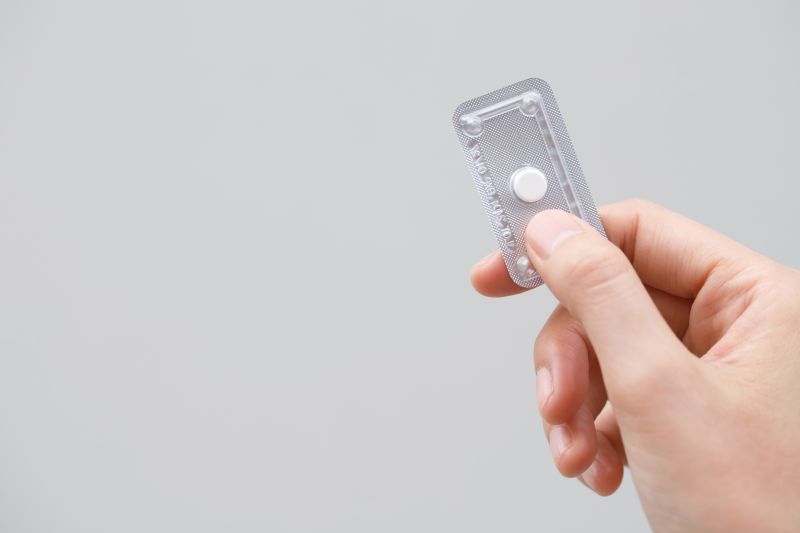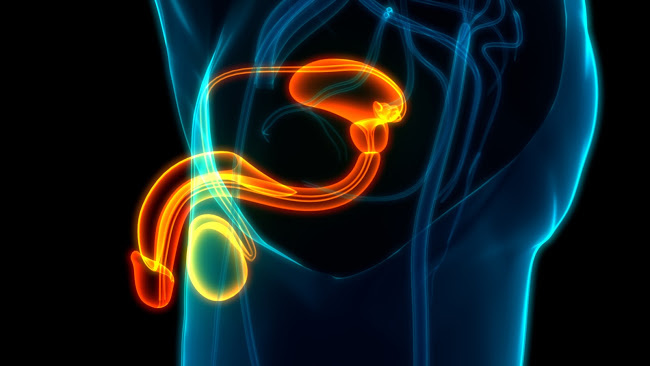
Emergency Contraception: Is it Safe and Effective?

Emergency contraception consists of hormonal medications or other methods that can be taken to help prevent pregnancy in the case of unprotected intercourse, birth control failure, or non-consensual intercourse. There are several types of emergency contraception offered by healthcare services and recommended by global health organizations.
Copper Intrauterine Devices
The most effective form of emergency contraception is a copper intrauterine device (IUD), which is inserted into the uterus and works by changing the chemical makeup of both sperm and eggs before they meet, so that they cannot fertilize. IUDs must be inserted within 120 hours of unprotected intercourse, birth control failure, or non-consensual intercourse to be effective. Following insertion, this device can be used as usual: a non-hormonal form of birth control. IUDs must be inserted by a healthcare professional.
Emergency Contraception Pills
Emergency contraception pills (ECPs), also known as the morning-after pill, are hormonal medications that are meant to stop or delay ovulation (when eggs are released from the ovaries to be fertilized by sperm). ECPs are most effective when taken within 24 hours of unprotected intercourse birth control failure, or non-consensual intercourse. However, different types have different recommendations.
It is recommended to take levonorgestrel doses (known as PlanB One Step, Take Action, Preventeza, etc.) within 72 hours. These medications are available to be purchased over the counter. Ulipristal acetate doses (known as ella or Logilia) work best when taken within 120 hours and must be prescribed by a healthcare professional.
ECPs will not work if taken after their recommended periods, nor will they work if there is vomiting within 2 hours of ingesting, in which case they should be taken again. Hormonal birth control can be resumed after 7 days or the onset of menstruation, whichever comes first. It may be helpful to speak with a healthcare professional about which of these options is best for your body.
Combination Birth Control
Using combination birth control pills (which contain both estrogen and progestin) is the least effective method of emergency contraception. This method involves taking higher-than-usual doses of the pills. Always speak with a healthcare professional for the appropriate dosage.
What Emergency Contraception Does Not Do
- Emergency contraception is not meant to be a regular form of birth control. Speak with a healthcare provider if you are in need of a regular birth control option to find which method might be right for you.
- Emergency contraception is not a form of medical abortion. These only work prior to ovulation, as they will either prevent or delay ovulation, and therefore prevent fertilization.
- Emergency contraception does not protect against sexually transmitted infections (STIs). Continue to use barrier methods, such as condoms to protect against STIs.
- Emergency contraception does not affect fertility. However, be wary of relying too heavily on emergency contraception, as it is not the most effective way to prevent pregnancy. Additionally, frequent use may have adverse effects on women with conditions such as polycystic ovary syndrome (PCOS).
Possible Side Effects
ECPs may cause side effects such as nausea, vomiting, fatigue, headaches and dizziness, tender breasts, light vaginal bleeding, or abdominal pain or cramping. If these symptoms become severe, it’s important to speak with a healthcare provider. ECPs may also delay normal menstrual cycles by a week or so. If your period is delayed by more than three weeks, it’s recommended to take a pregnancy test or speak with a healthcare provider, as you may be pregnant. IUDs may cause cramping or abdominal pain, as well as vaginal bleeding.
Conclusion
Emergency contraception is both safe and effective in the case of contraceptive failure, unprotected sex, or non-consensual intercourse, if taken within 24 hours to 120 hours afterward, depending on the method. These methods only work in perfect conditions, and even then, they are not 100% effective at preventing pregnancy. The sooner ECPs are taken, the more effective they are.
ECPs are not a substitute for hormonal birth control, and no form of emergency contraception (ECPs or IUDs) prevents against STIs. Always make sure to use barrier methods (condoms) to prevent against STIs.
If you are in need of birth control, or have concerns about emergency contraception, it may be useful to speak with a sexual health professional.
References:
- Emergency contraception: Preventing pregnancy after you have had sex. (2003). Paediatrics & Child Health, 8(3), 184–185. https://doi.org/10.1093/pch/8.3.184
- Morning after pill: What to know. Cleveland Clinic. (2024, November 11). https://my.clevelandclinic.org/health/treatments/23386-morning-after-pill
- World Health Organization. (2021, November 9). Emergency contraception. World Health Organization. https://www.who.int/news-room/fact-sheets/detail/emergency-contraception




